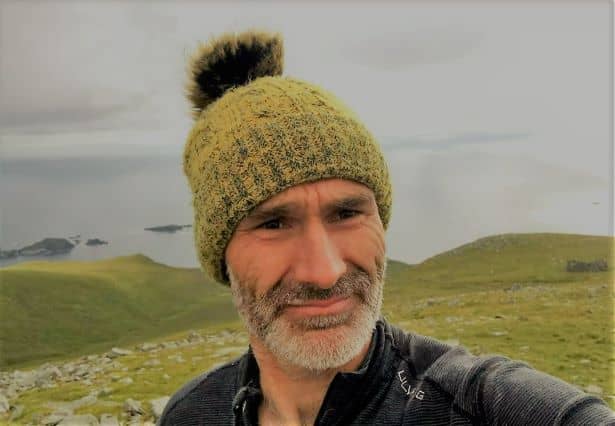Week 11: Economist Impact
A ‘blue’ economy implies some measure of alignment between economic development and the health of the ocean. Early signs are, in most countries, that the … Read more

I am not an oceanographer. Nor a marine biologist or meteorologist. I don’t have any degrees in natural science whatsoever.
Yet, I am concerned about the state of the ocean.
My connection to the ocean is windsurfing, so this blog will have a bit of that too.
The idea of the ocean as an inexhaustible resource is long gone. Well, at least it should be. We went too far; took most of its fish, dumped our garbage and polluted and heated it.
Now we need to strike the balance between the urgent need for renewable energy, minerals, food and carbon storage against the equally urgent need to preserve marine ecosystems.
Good news are easy to find too. Like the convention on biological diversity (the natural world’s "Paris agreement”) reached in December 2022 which included preservation of 30 per cent of the world’s oceans by 2030.
The accelerating development of offshore wind is another example of good news.
Some techno-optimists, companies and governments would firmly say yes. Offshore wind could provide 420,000 TWh electricity per year, which is almost ten times global electricity demand.
Others would ask; how will giant, noisy construction sites and rotors of 220 meters in diameter affect life below and above the sea surface? It’s complicated. No doubt.
I want to know how much we can take from the ocean to tackle the climate crisis with as little damage to the marine environment as possible.
A ‘blue’ economy implies some measure of alignment between economic development and the health of the ocean. Early signs are, in most countries, that the … Read more
Report finds extracting nodules lodged in the ocean floor is rife with technical challenges and overlooks rise of innovations that would eliminate need for deep-seabed … Read more
“Oceans soak up carbon, and that buffers us against climate change. CO2 is absorbed as a gas, and its conversion into organic carbon is dictated … Read more
Did you know that nearly 70% of clothing is made of plastic and that the textile industry is the largest source of microplastic pollution in … Read more
With input from more than 20 scientists, the 8th edition of the World Ocean Review (WOR 8) describes the urgent need for effective climate action … Read more